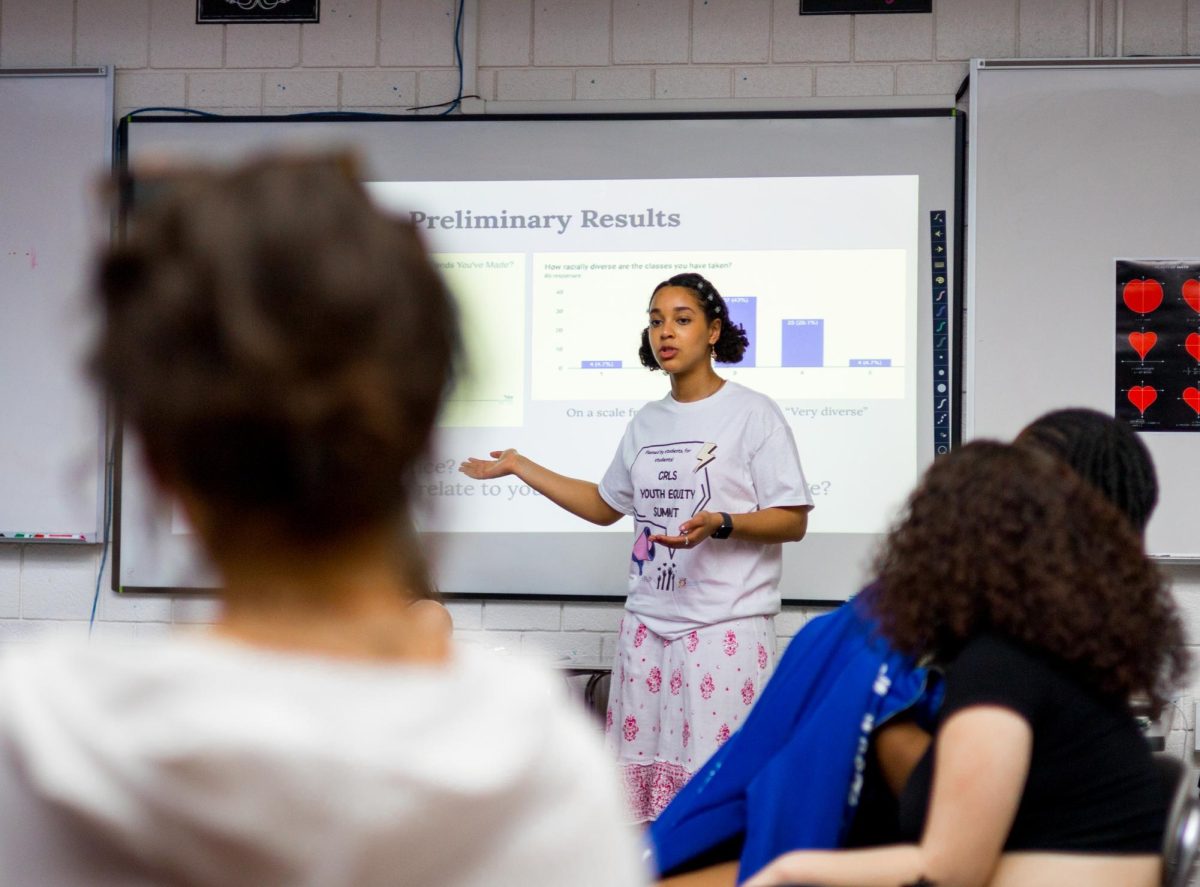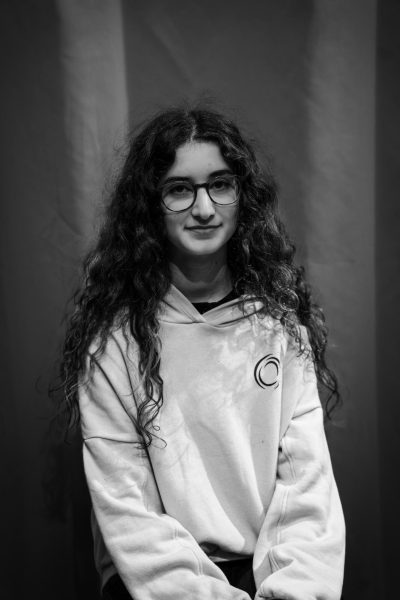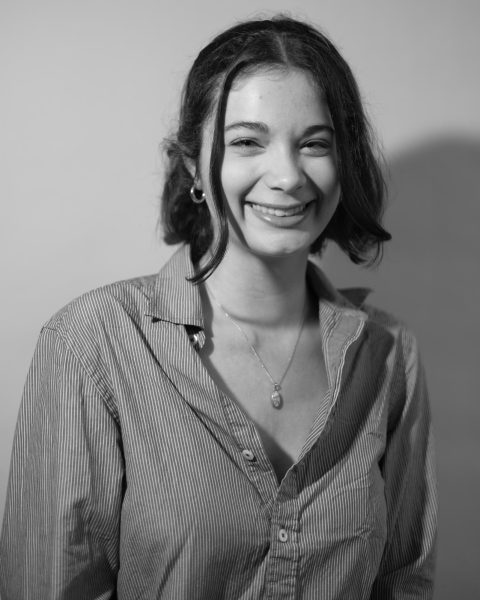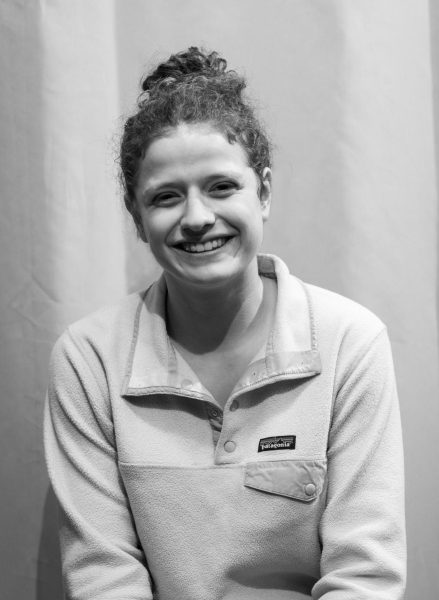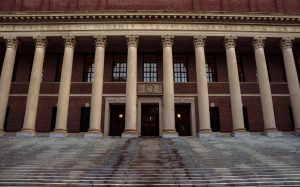CRLS Equity Summit: Addressing the Overlooked
July 20, 2023
On April 13th, CRLS hosted its first-ever Equity Summit. For half a day, students participated in workshops led by their peers, learning about topics ranging from environmental justice to modern-day antisemitism.
In one of the Summit’s most popular workshops, “Cancel Culture,” chairs were arranged in a circle, inviting group discussion. Students shared examples and experiences with cancel culture in our society and at CRLS. “I learned that cancel culture is really not effective,” Angie Morisette ‘25 told the Register Forum. “We shouldn’t be separating ourselves from people that are canceled. Just teaching them,” they explained.
Just down the hall, in a workshop about the school-to-prison pipeline, students took turns reading aloud from a personal account of a boy who was sentenced to 27 years in prison. After they read the piece, students were eager to share their takes on how race, gender, and more could influence young imprisonment. This was the sort of response that the Summit’s creators aimed to inspire.
“I wanted people to move away with something new,” said Judith Epstein ’23, a member of the planning committee, to the Register Forum. “I just hope there was one thing that caught someone’s attention and made them go ‘Wow, I didn’t know that.’”
While the CRLS Equity Summit aims to proactively stop all forms of hate, the idea stemmed from a series of anti-semitic graffiti found in the school. Students who attended an Anti-Defamation League (ADL) conference after the incident met with CRLS administration to discuss ways of preventing incidents of hate. Eventually, other club leaders were brought into the fold.
For students who did not attend workshops, a bystander intervention seminar was held in the auditorium. Stefania Zatezalo ’26 told the Register Forum that “the activity itself was a way to bring us together. The speaker was very captivating, and I felt like I learned a lot.”
Other students, however, felt that the Summit was conducted poorly. “This was a terrible way to interrupt the school day,” Ezra Lee ’26 told the Register Forum. “You’re putting your priorities in the wrong place if you’re only willing to give up half of the school day to talk about social issues.”
Epstein agreed that the Summit was too short. “We organized it very, very quickly and ideally there would be more time for some longer workshops, and there would be more workshops offered,” she said. “I also think that it is important that the actual curriculum be shifted and changed.”
Current CRLS curriculum is very expansive, but there have been concerns about a lack of sufficient coverage of the Holocaust, disabilities, and more. Emma Keating ’23 told the Register Forum that the Summit “did a really good job of covering topics that the administration has historically brushed under the rug.” She explained, “The fact that it’s student-led makes sure that we’re talking about issues that are genuinely important to the student body.”
Overall, most felt that the Summit was engaging and educational. “It’s gotten students hopefully thinking and hopefully talking to each other,” Mac Maclean, who led the Zines for Equity workshop, told the Register Forum. “Only positive things can really come from exploring all these issues deeply as a community.”

